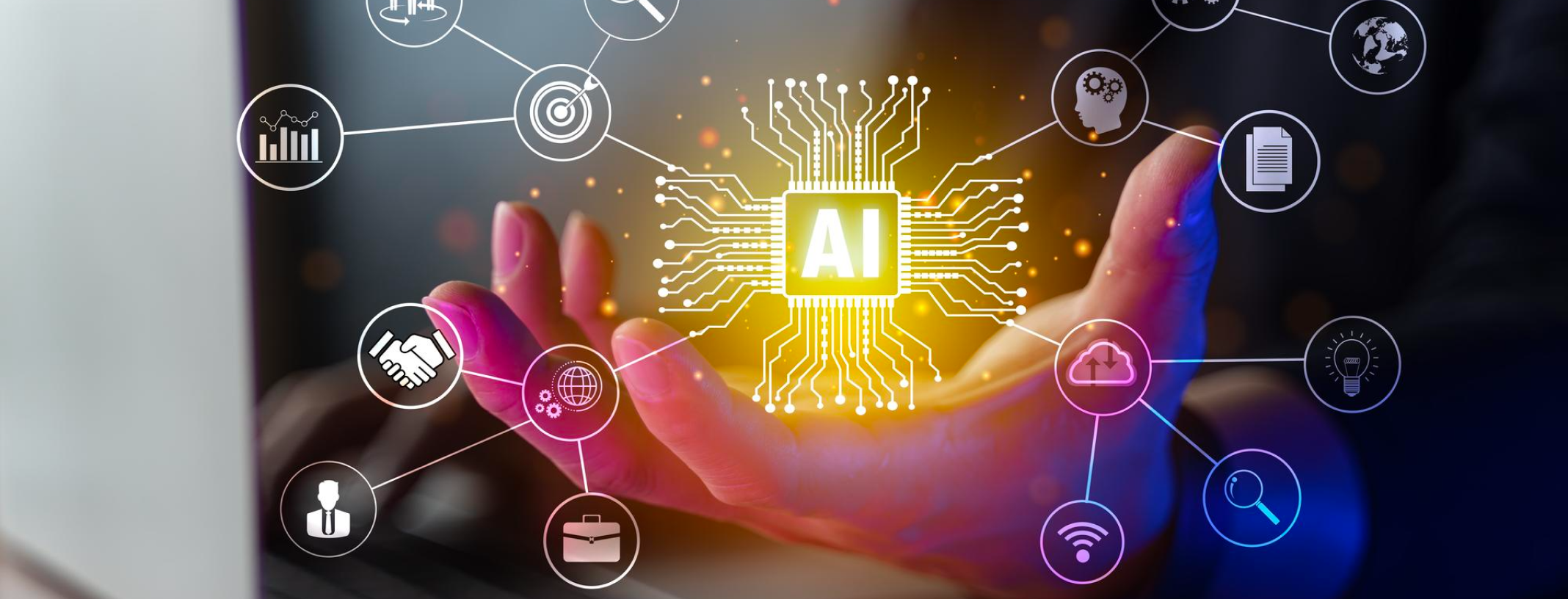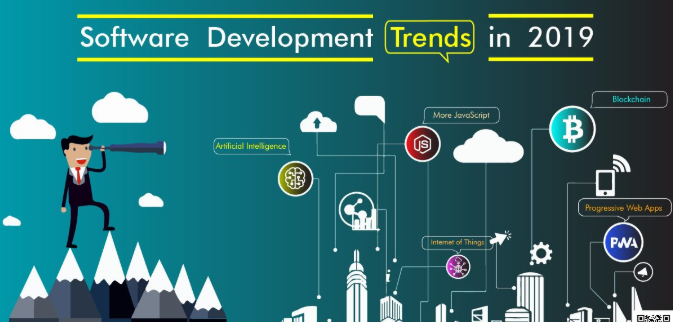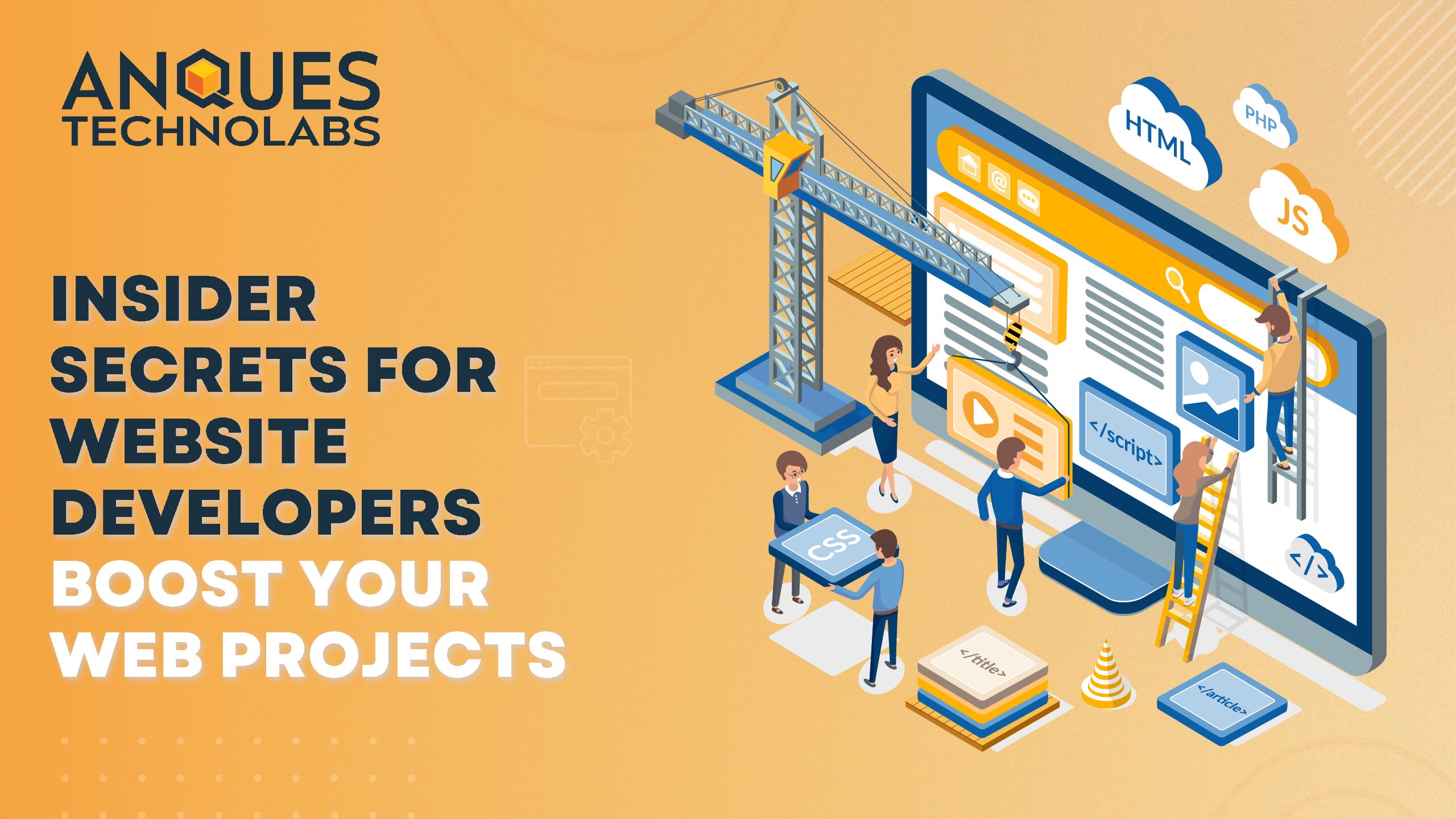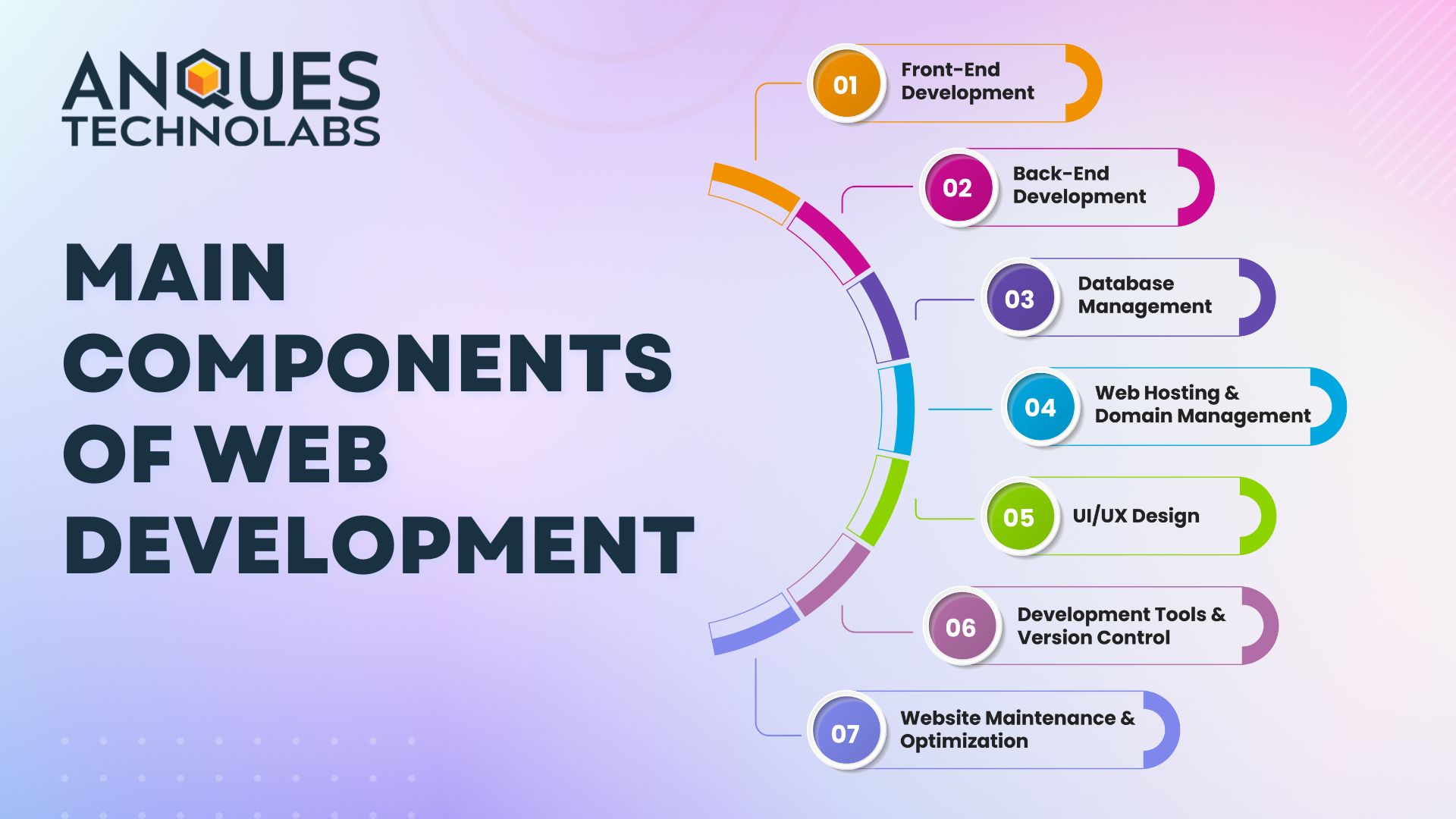Top 5 Software Development Trends
Contents
IOT (Internet Of Things)
This is one of the Top 5 Software Development Trends.
IoT is impacting everything. Your cars, houses, roads, industrial equipment, smartwatch, and even your vacuum cleaner are becoming a data collection device.
These devices are collecting huge amounts of data to obtain intelligent and actionable information.
IoT experts can build systems that can help you integrate smart devices, network connectivity, and computer-based systems.
You will need expert professionals in information management, large volumes of data, automatic learning and analysis, dashboards and visualizations.
Cybersecurity
2017 was the year of data breaches, so of course, 2018, 2019 will be a year in which hackers will become more sophisticated.
Yes, to everyone’s horror, they will use machine learning and artificial intelligence to launch even more serious and dangerous attacks.
Even cybersecurity solutions will use machine learning and state-of-the-art security technologies.
There will be a greater demand for managed and hosted security services as well as an increase in the response to incidents and the adoption of automated processes to detect threats.
Blockchain
We’ve already heard a lot about Blockchain. 2018, 2019 expected to be a year that will mark the year of the interruption in terms of business-class blockchain platforms.
There will be an increase in the number of applications created for blockchain platforms. Until 2016 there were only 5000 full-time blockchain developers around the world.
In the coming years, the number will increase several times.
Augmented reality and virtual reality
Spending on Augmented Reality and Virtual Reality software will increase. Even the hardware will become a market of $ 4 billion by 2018, 2019.
There are a greater number of applications that use the power of AR and VR, and more recently the mixed reality (AR and VR available on PC).
The rise of the cloud
The cloud has changed the game for consumers and businesses around the world over the past decade.
However, this year, we will see the cloud platform market position itself more on customer benefits than on their technical capability.
Cloud platforms are rarely purely technological platforms but could be described more as cloud applications that favor a user-centric experience, such as the experience offered by apps.
Apple’s iPhone has been behind this concept of cloud applications, and Salesforce has made it available to businesses with its Lightning platform (i.e. Force.com) and AppExchange. Microsoft, along with Office 365 and some Azure components, is also moving in this direction.
Finally, keep an eye on Facebook and Google for unique customer experiences.














